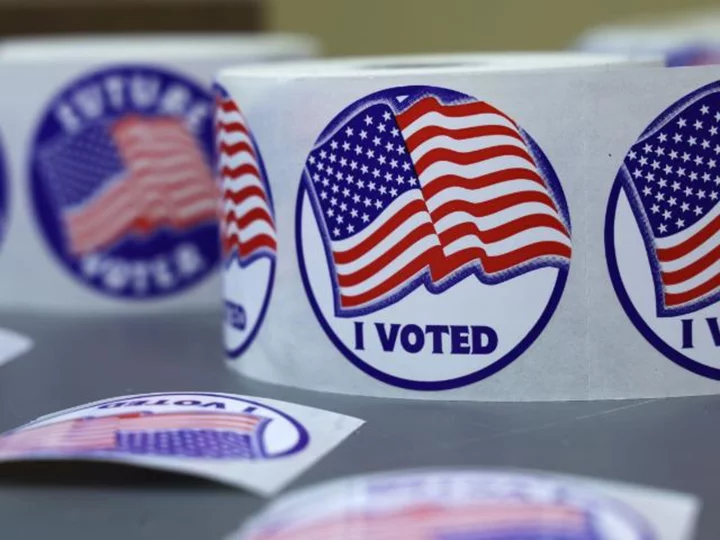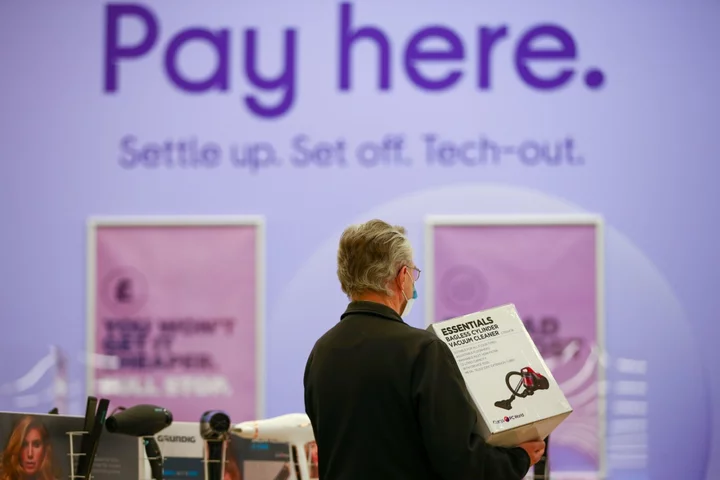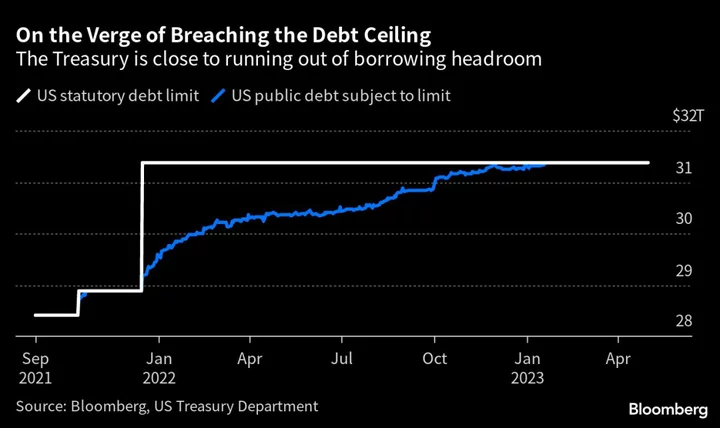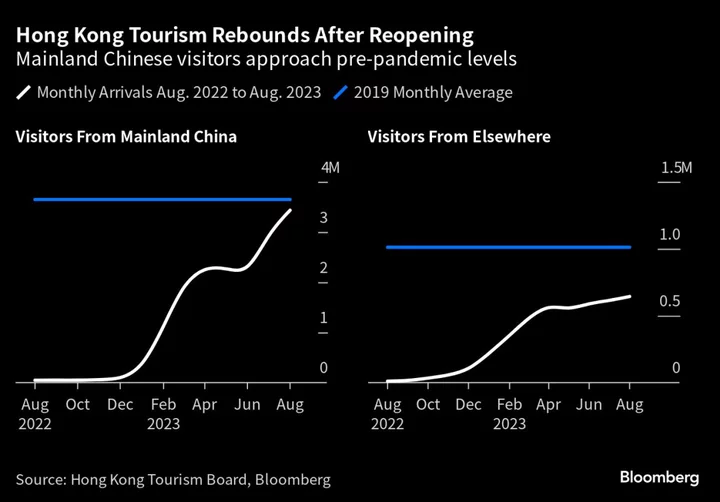For local elections in the United States, voting eligibility rules differ from place to place. But usually the baseline requirement is that voters be humans who are alive and voting on their own behalf.
Some municipalities in Delaware, however, have broadened the definition of a voter to include "artificial entities" such as businesses, LLCs, partnerships and trusts.
Delaware is famously one of the world's most welcoming places for companies of all kinds and sizes to incorporate for legal and tax purposes. (More on that in a minute.) But welcoming businesses directly into the ballot box by some localities takes that welcoming a step further -- and in the eyes of many a step too far.
Opponents to the idea include Common Cause Delaware, a citizens lobby that among other things advocates for voter rights and opposes the influence of big money in state government. Letting businesses vote in municipal elections dilutes the voice of the citizenry and "puts the idea that corporations are people on steroids," said its executive director, Claire Snyder-Hall.
Seaford proposal meets resistance
The latest Delaware municipality to propose letting businesses vote in its local elections is the city of Seaford, with roughly 8,500 residents. It was once known as the nylon capital of the world. For years, it struggled economically after DuPont shuttered its nylon factory there. And today, through the development of multiple business parks and downtown revitalization efforts, the city hopes to strengthen its economy.
As Seaford Mayor David Grenshaw put it, "everyone has done everything they can to revitalize the community."
Grenshaw cast the tie-breaking vote (2-2) this spring in a Seaford city council meeting to pass a motion to change the city's charter so that businesses and other "artificial entities" that operate and own property inside city limits may cast ballots alongside city residents and human non-residents who own property in the city.
That would include companies ranging from brand-name corporations like Verizon and McDonald's to tiny LLCs and partnerships.
To change its charter, however, Seaford needs the approval of the state's lawmakers and the governor. Grenshaw said he never expected that to be a problem, since four other municipalities had no trouble getting approval for their decision to let businesses vote in the past.
But there has been pushback to Seaford's proposal in the Delaware General Assembly this week.
After being pulled from the floor a few times, a House bill that would authorize Seaford's changes was defeated on Thursday night. But procedurally it was allowed to be brought up for reconsideration on Friday and passed. The next stop is the state Senate.
If eventually it does become law, an estimated 234 companies would likely become eligible voters, according to DelawareOnline, the online site of The News Journal.
How influential could that be in future Seaford elections? That depends partly on human voter turnout. Considering only 340 people cast ballots out of more than 5,000 registered voters in the last municipal election, 234 businesses could be a significant influence if they all show up.
But that isn't what Grenshaw is expecting. "If we get a dozen votes out of this, that would be incredible. We do not anticipate this would sway an election."
While Snyder-Hall agrees that Seaford residents should be voting in greater numbers if they want their voices heard, she noted that if businesses can become registered voters, one of two things might happen.
Either city residents may wonder why they should bother voting if, as she put it, the powers-that-be (which can also make campaign contributions) want a measure to pass or want a given politician elected. Or, she said, "it could motivate people to vote."
Will this be a trend elsewhere?
However things turn out in Seaford, it's not clear that other localities within or outside of Delaware might also want to invite companies into the ballot box.
Hal Weitzman, author of "What's the Matter with Delaware? How the First State Has Favored the Rich, Powerful, and Criminal — and How It Costs Us All," thinks the Seaford case is probably more of a quirk than a quake in how local elections will be run more broadly.
But it does draw the public's attention to the unique position of Delaware in the business ecosystem. While physically the second smallest state in the nation, it looms large as one of the world's most business-friendly locations.
Weitzman, who teaches at the University of Chicago's Booth School of Business, has described Delaware as "the closest thing America has to a registrar of corporate births, marriages and deaths." By that he means, thanks to Delaware's laws and institutions, it is often the most desirable place to form a new company, seek legal approval for mergers, litigate business disputes and file for bankruptcy.
Delaware is also attractive as a relatively low-tax environment. There is no sales tax and no tax on profits from intellectual property (e.g., licensing and trademarks), for instance.
And the state can't be beat if you want to quickly and easily register a company online with few if any disclosure or documentation requirements. Weitzman noted roughly 40% of the state's revenue comes from incorporation fees and associated revenue.
Last year, the number of business entities registered in the state exceeded 1.9 million and is on track this year to top 2 million, according to Delaware's division of corporations. By contrast, the state's population barely tops 1 million. That is roughly two registered businesses per person.
All in, nearly 70% of Fortune 500 companies are incorporated there. But so are hundreds of thousands of far lesser known private companies, LLCs, partnerships and trusts, the owners of which may choose to remain anonymous in the state.
The House-passed Seaford measure, however, would require that businesses registering to vote disclose its "beneficial owners" -- which typically means anyone who owns or controls at least 25% of an entity.
The city clerk's office would conduct a series of annual cross-checks to ensure that a business currently owns property in the city.
And the bill requires a business' voter registration to be cross-referenced with other registration listings in the city and state to ensure that a property-owning business gets only one vote, even if it owns multiple properties.









